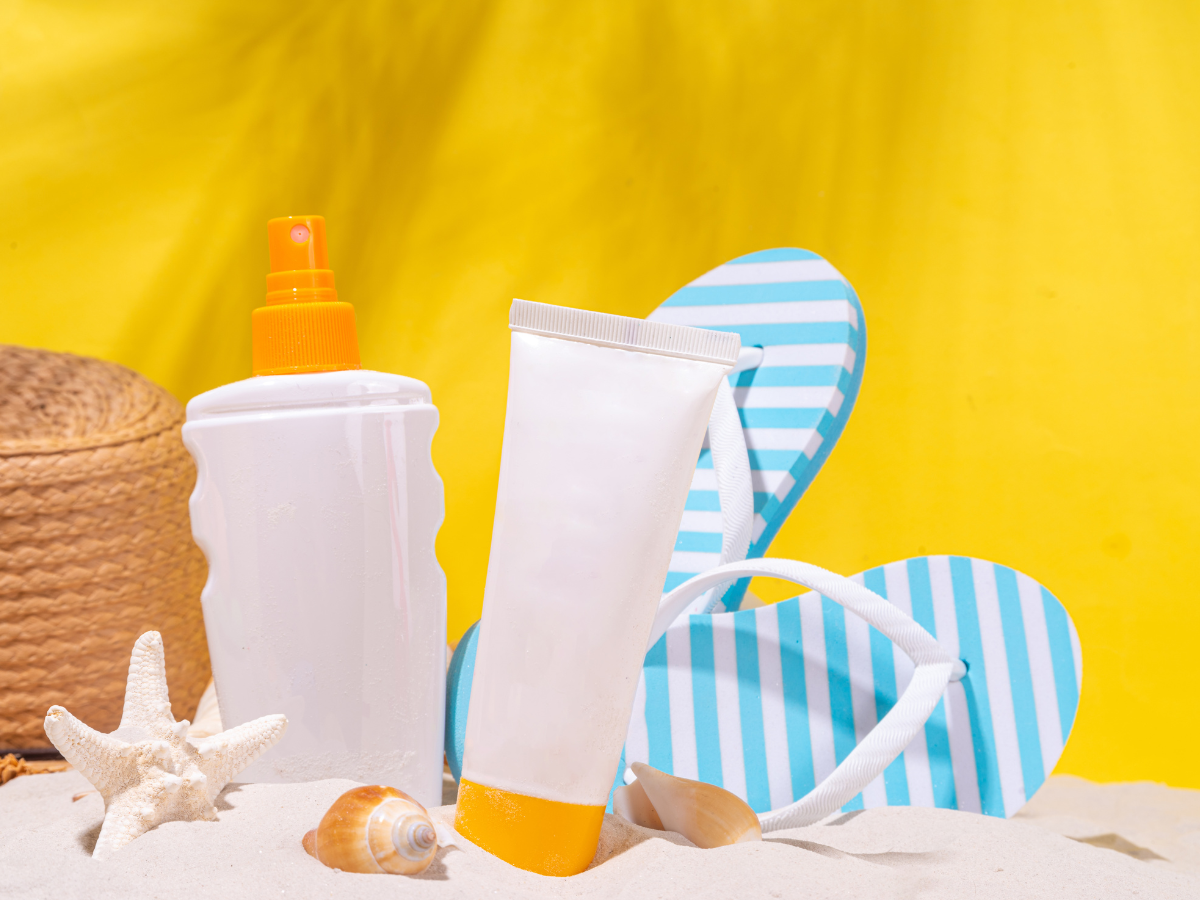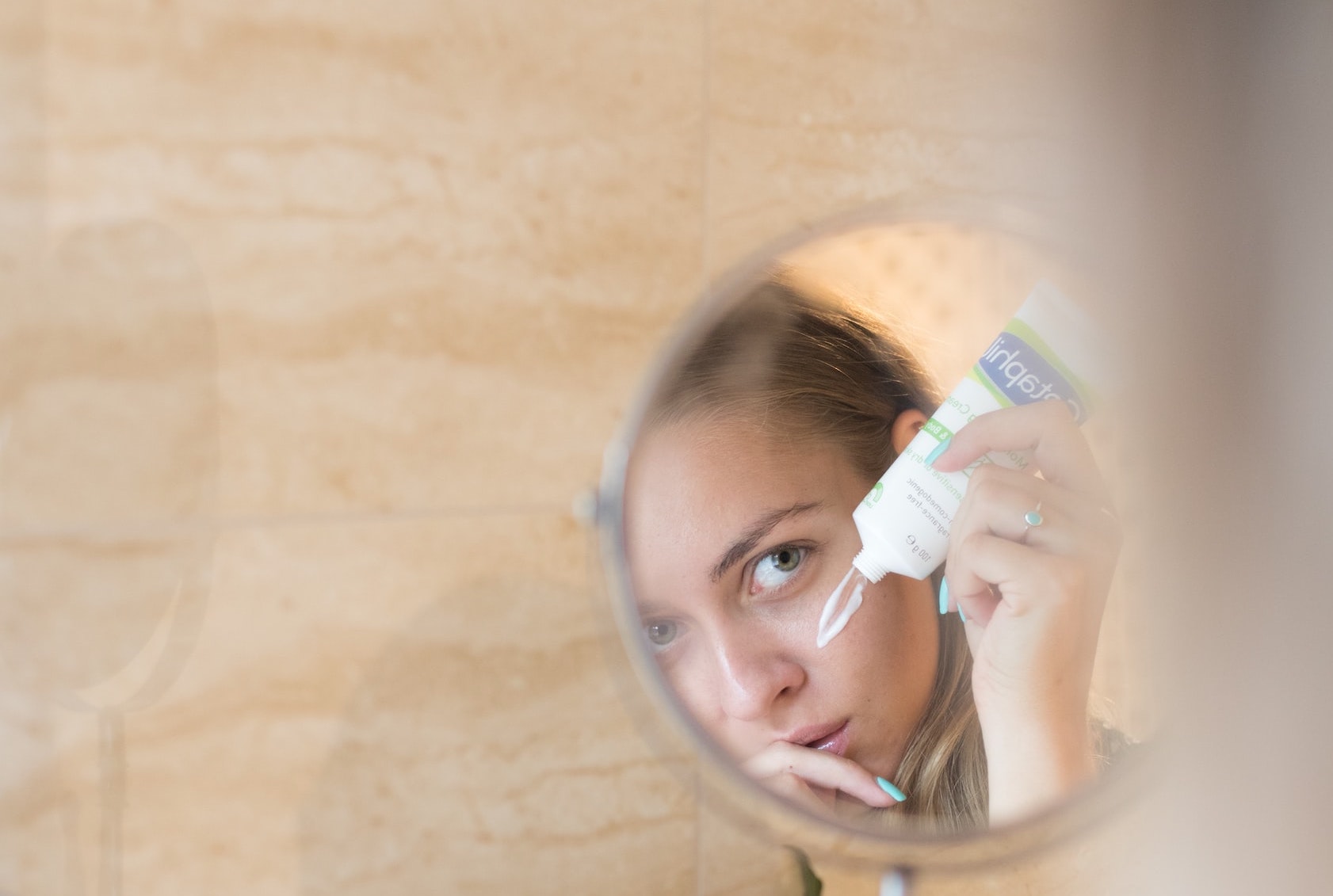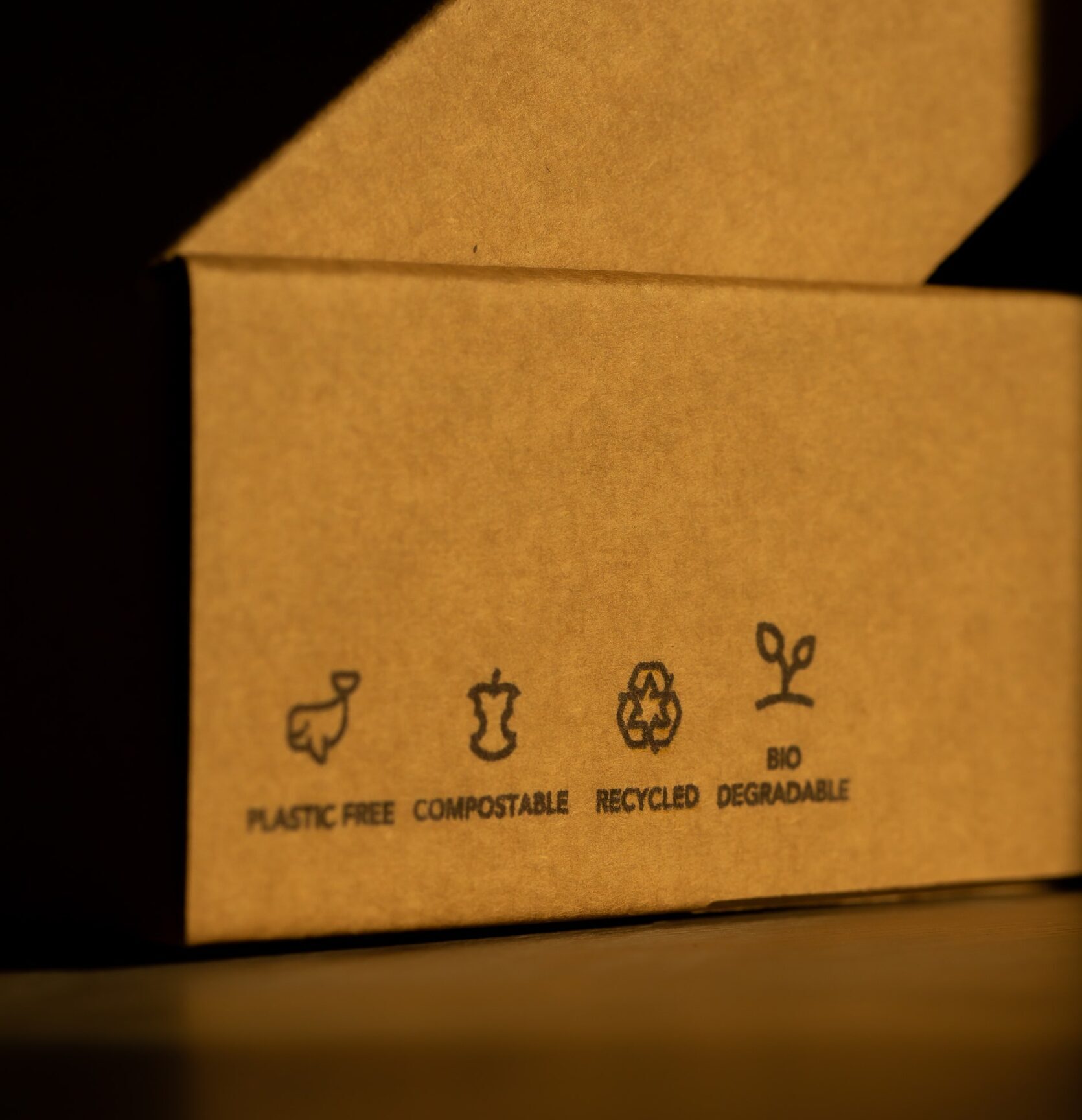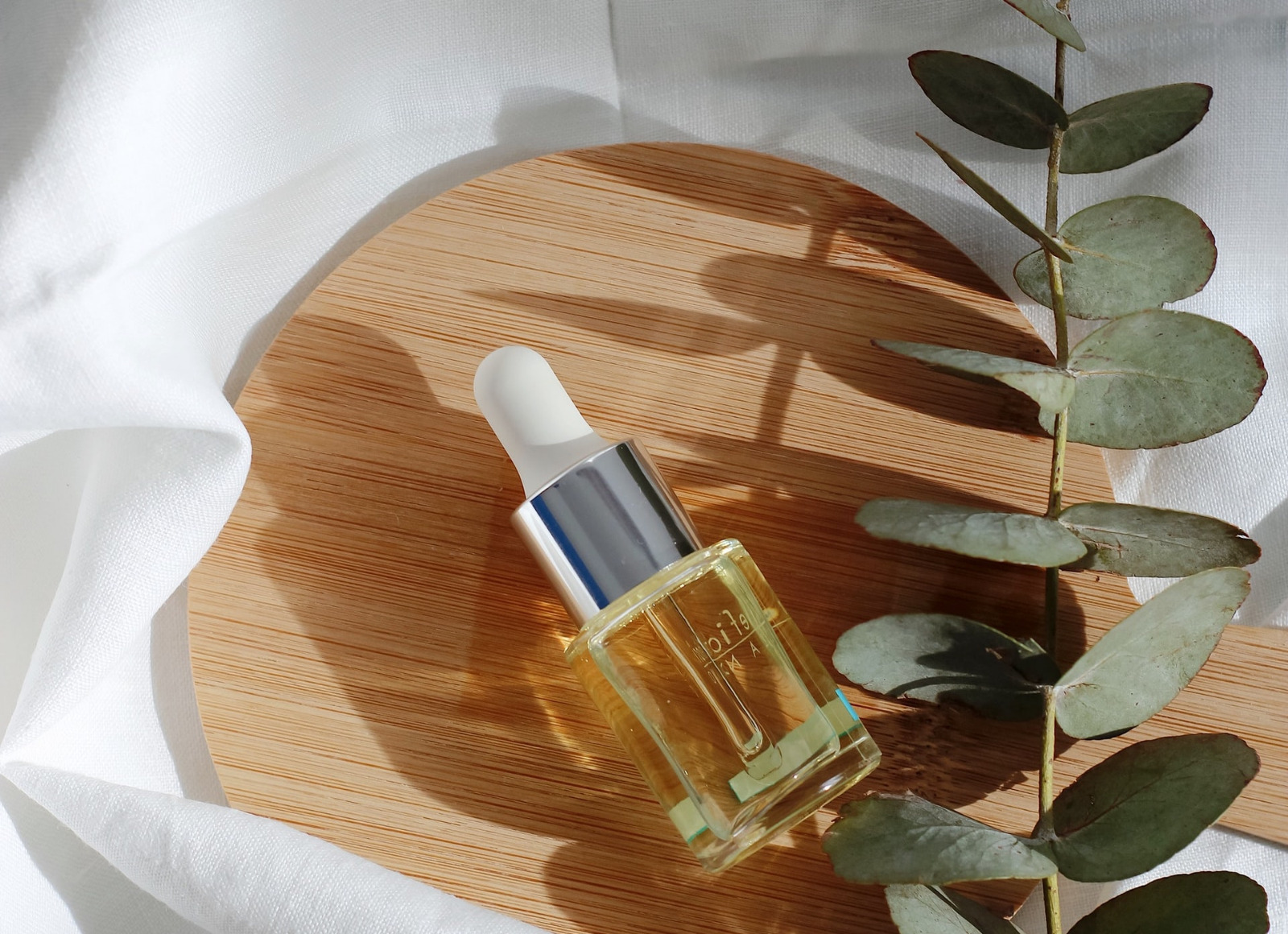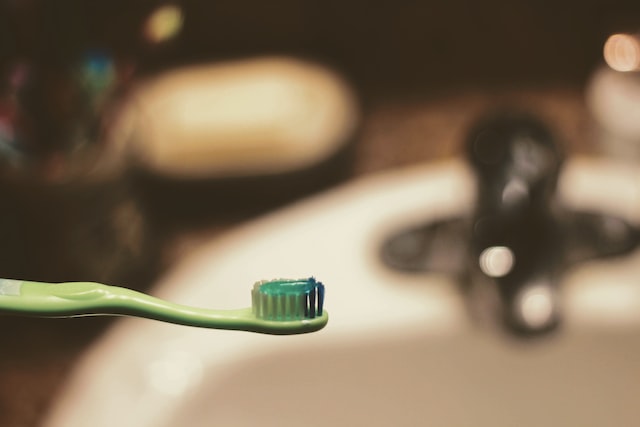Background
Octocrylene (CAS No. 6197-30-4) is an organic UV filter commonly used in cosmetic products in sunscreens to protect both consumers and formulations from UV radiation. This ingredient is currently regulated under entry 10 of Annex VI of the European Cosmetics Regulation 1223/2009 (List of UV filters allowed in cosmetics products), up to a maximum concentration of 9% in propellant sprays and up to 10% in other products. These restrictions were introduced in 2022 and are currently in place for both new products and for products already on the market. In the UK, Octocrylene can be used as a UV filter up to 10% (as acid).
As mentioned in our previous article, the French Agency for Food, Environmental and Occupational Health & Safety (ANSES) has advised banning Octocrylene because of its harmful effects on the environment. ANSES highlighted that Octocrylene poses risks to aquatic ecosystems, particularly corals, as it can be released into the environment through bathing and washing off sunscreens. Furthermore, there is concern that Octocrylene could contaminate groundwater, posing a potential threat to drinking water consumers.
What’s new?
France launched a call for evidence to collect information on the uses of Octocrylene, its impact on the environment, alternatives, and costs. The call for evidence lasted from November 15, 2023, until January 10, 2024.
On October 11, 2023, the European Chemicals Agency (ECHA) announced that France plans to propose restrictions on the marketing of mixtures containing Octocrylene under the REACH Regulation. The restriction dossier was due to be submitted on 4 October 2024. This date has just been postponed to 10 January 2025 “due to internal planning considerations”.
References
European Chemicals Agency – Registry of restriction intentions until outcome

